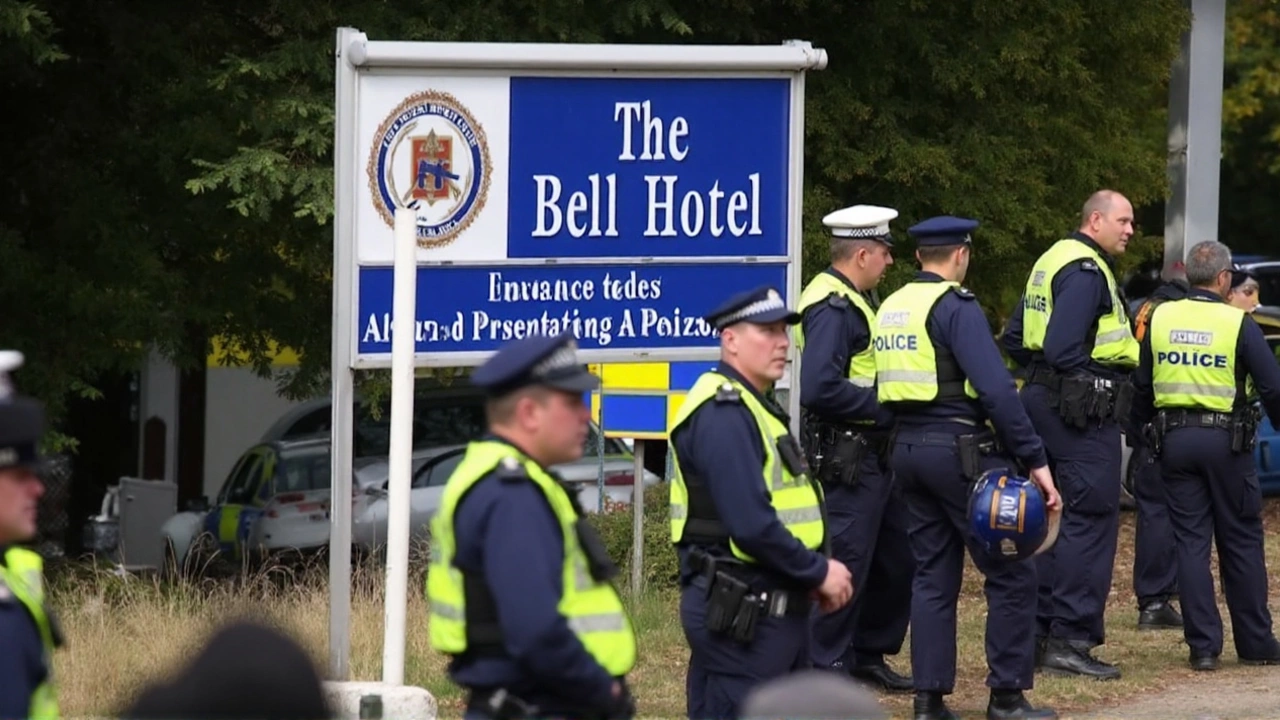Migrant Hotel Ban: What’s Happening Across the UK?
If you’ve been following the news, you’ll have seen a lot of talk about the so‑called “migrant hotel ban.” In plain English, it’s about the government and local councils trying to stop hotels from being used to house asylum seekers. The debate has sparked protests, legal fights and heated community debates.
Why does it matter? For a lot of people, these hotels are the only place the Home Office has for families and single adults while their claims are processed. For residents, the idea of a hotel full of temporary tenants can feel like a sudden change to a quiet neighbourhood. That clash of needs is what fuels the controversy.
Key Stories Shaping the Ban
The most talked‑about case right now is the Park Hotel in Diss, Norfolk. South Norfolk Council has moved to block a Home Office plan that would turn the family‑friendly hotel into a single‑adult asylum accommodation. The council issued an enforcement notice and warned they could apply a Temporary Stop Notice if the plan goes ahead. The hotel owner says the building could close completely if forced to change its purpose.
Another ripple comes from a High Court ruling that backed Epping Forest’s bid to shut an asylum hotel. That decision sparked a wave of anti‑immigration protests in cities like Bristol, Leicester, Newcastle and Liverpool. Far‑right groups turned up in large numbers, while many local residents and community groups organised counter‑protests. The protests show how quickly the issue can turn into a flashpoint for broader anti‑immigration sentiment.
What the Government and Local Councils Are Doing
Ministers have promised to end the use of hotels for asylum seekers by 2029, but an appeal is already underway against the latest court decision. The Home Office argues that hotels are a short‑term solution while they build more permanent housing. Meanwhile, councils like South Norfolk are defending their planning powers, saying they need to protect local residents from sudden changes that could affect services and property values.
In practical terms, the ban means that any new hotel conversion proposals will face stricter scrutiny. Councils can issue notices, and the courts can intervene if they think a plan breaches local planning rules. For asylum seekers, the upside is a push for more purpose‑built accommodation, but the downside is longer waiting times and fewer interim options.
If you live near a hotel that’s under review, the best move is to stay informed about council meetings and any public consultations. Most councils publish agendas online, and you can often submit comments or attend to voice your concerns. For activists on either side, the key is to keep the conversation focused on facts – like the number of people affected, the condition of the hotels, and the timeline for new housing.
Overall, the migrant hotel ban is more than a headline; it’s a living debate about how the UK balances immigration policy, local community interests and the need for humane housing. The story will keep evolving as courts decide, councils act and the government rolls out its long‑term plan. Stay tuned for updates, because every new decision could shift the landscape for both residents and asylum seekers alike.

Epping Hotel Migrant Ban Sparks National Debate and Cheers from Local Parents
A High Court decision to block asylum seekers from being housed at the Bell Hotel in Epping, Essex, is winning applause from local parents and sparking new discussions about the government's migrant policies in towns across the UK.
View more